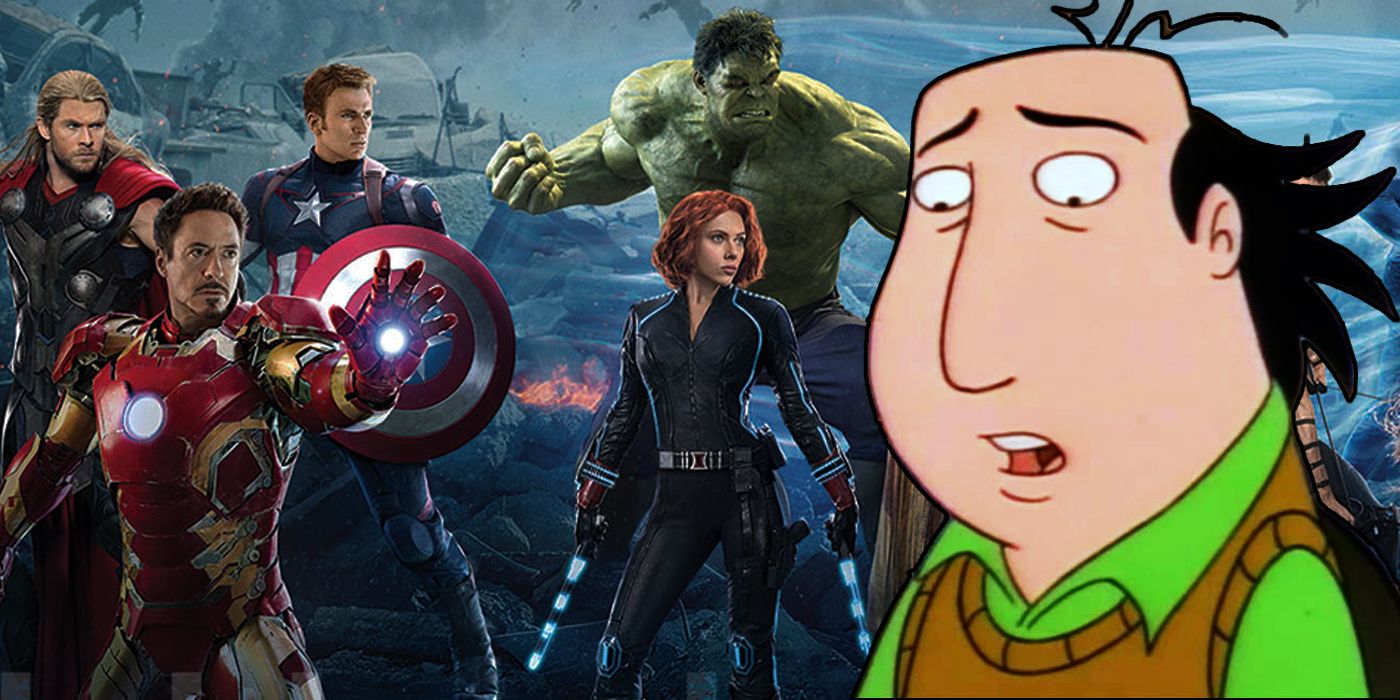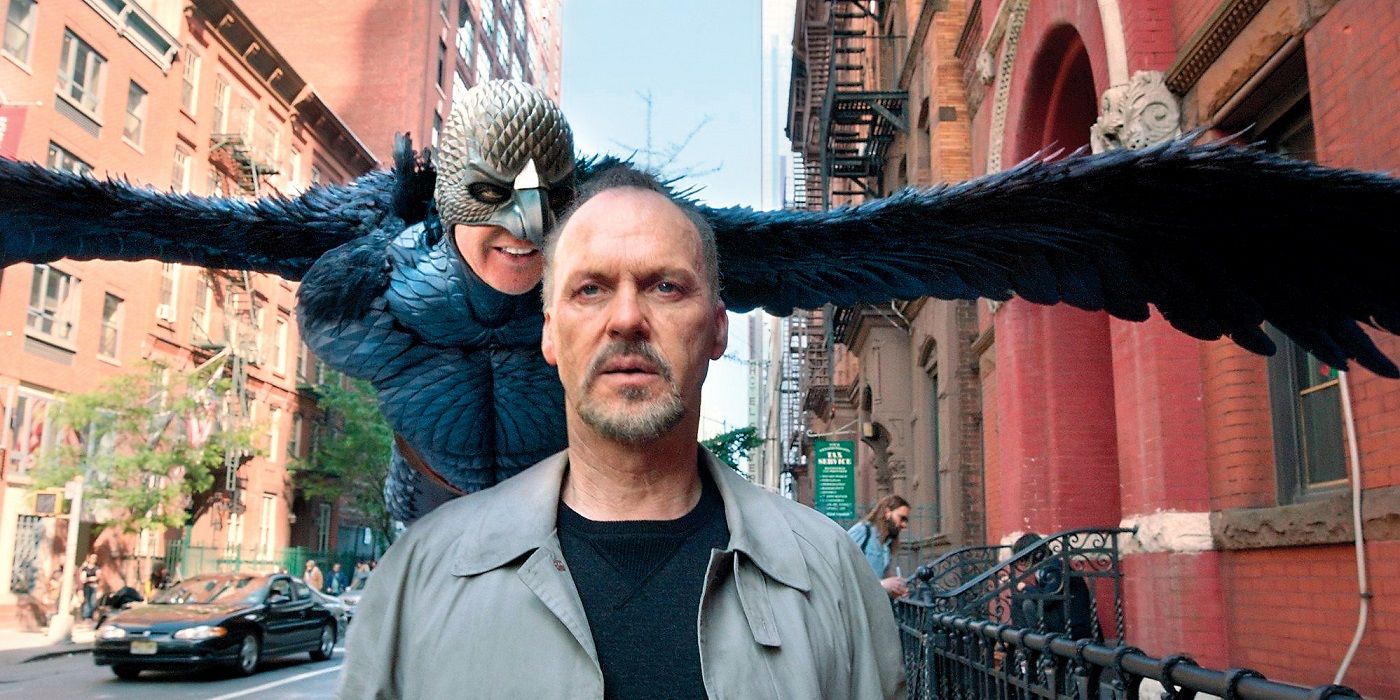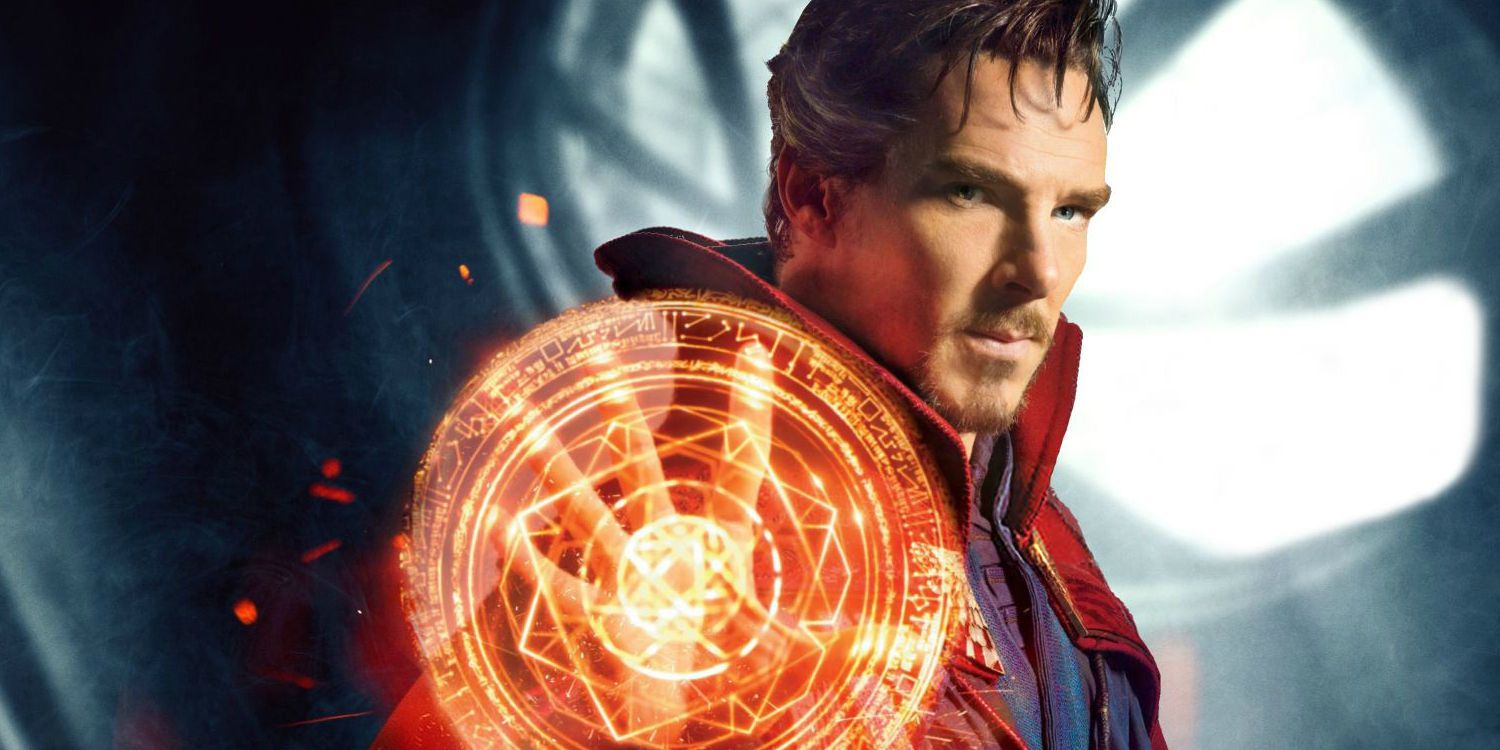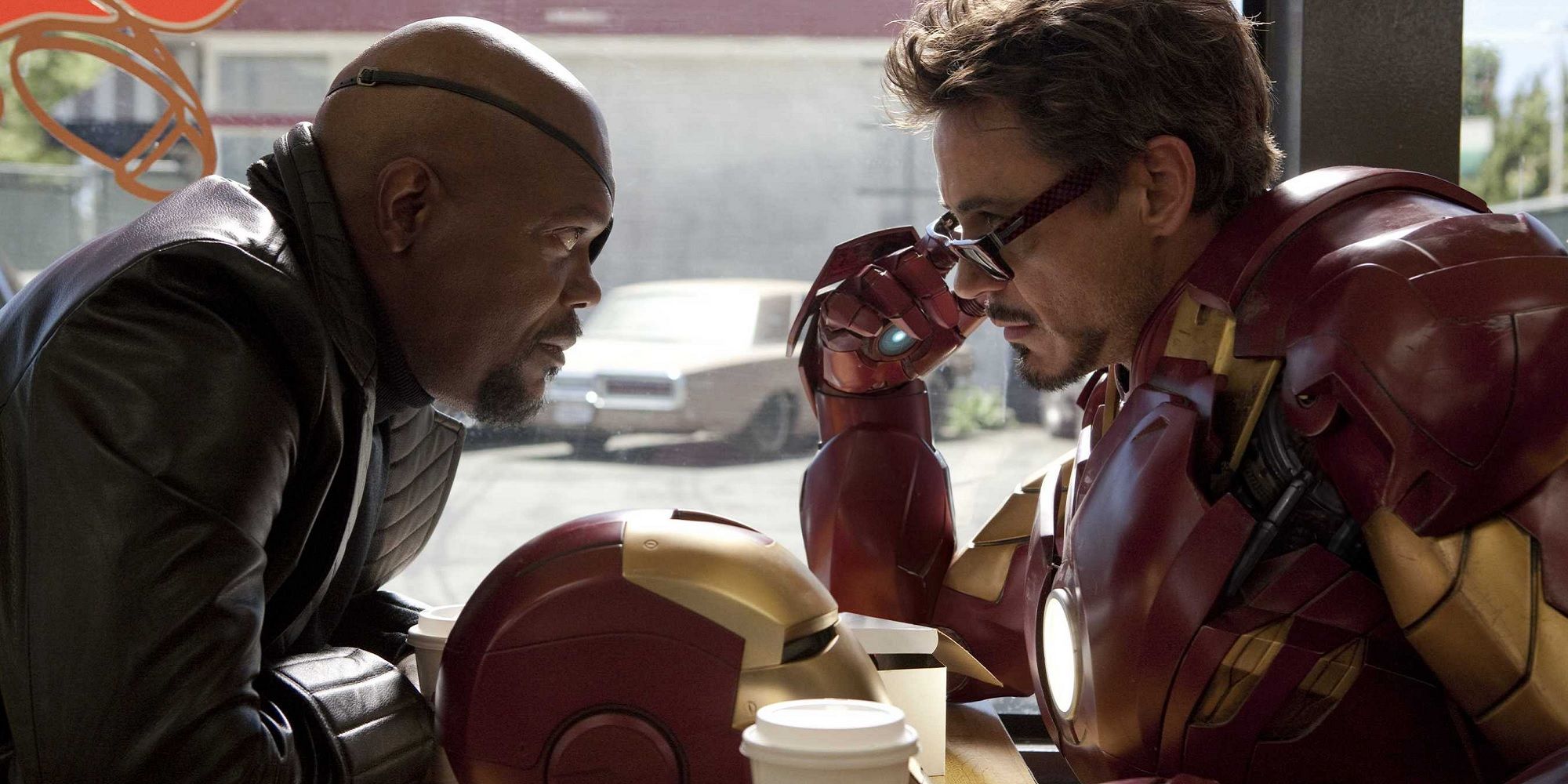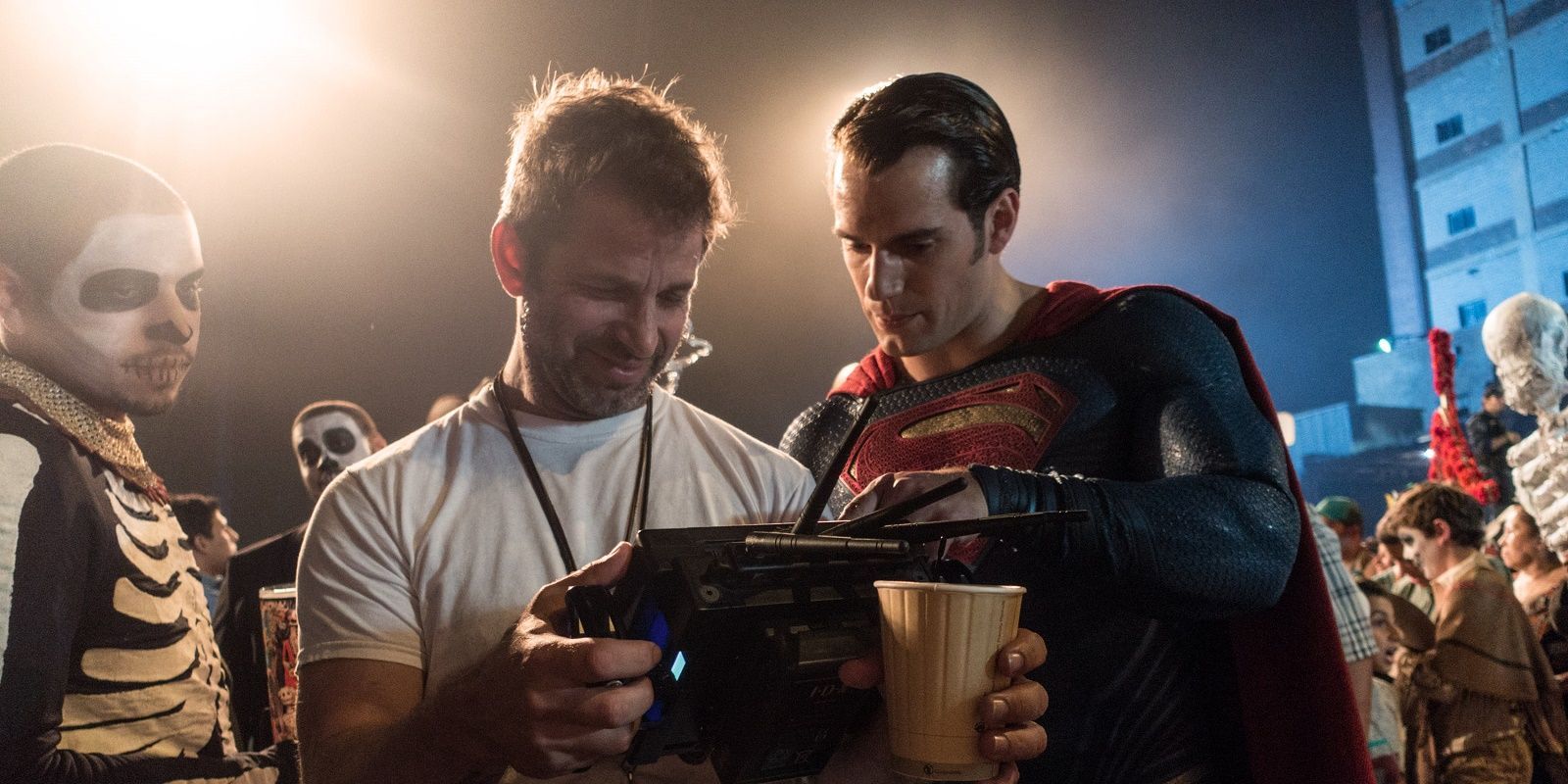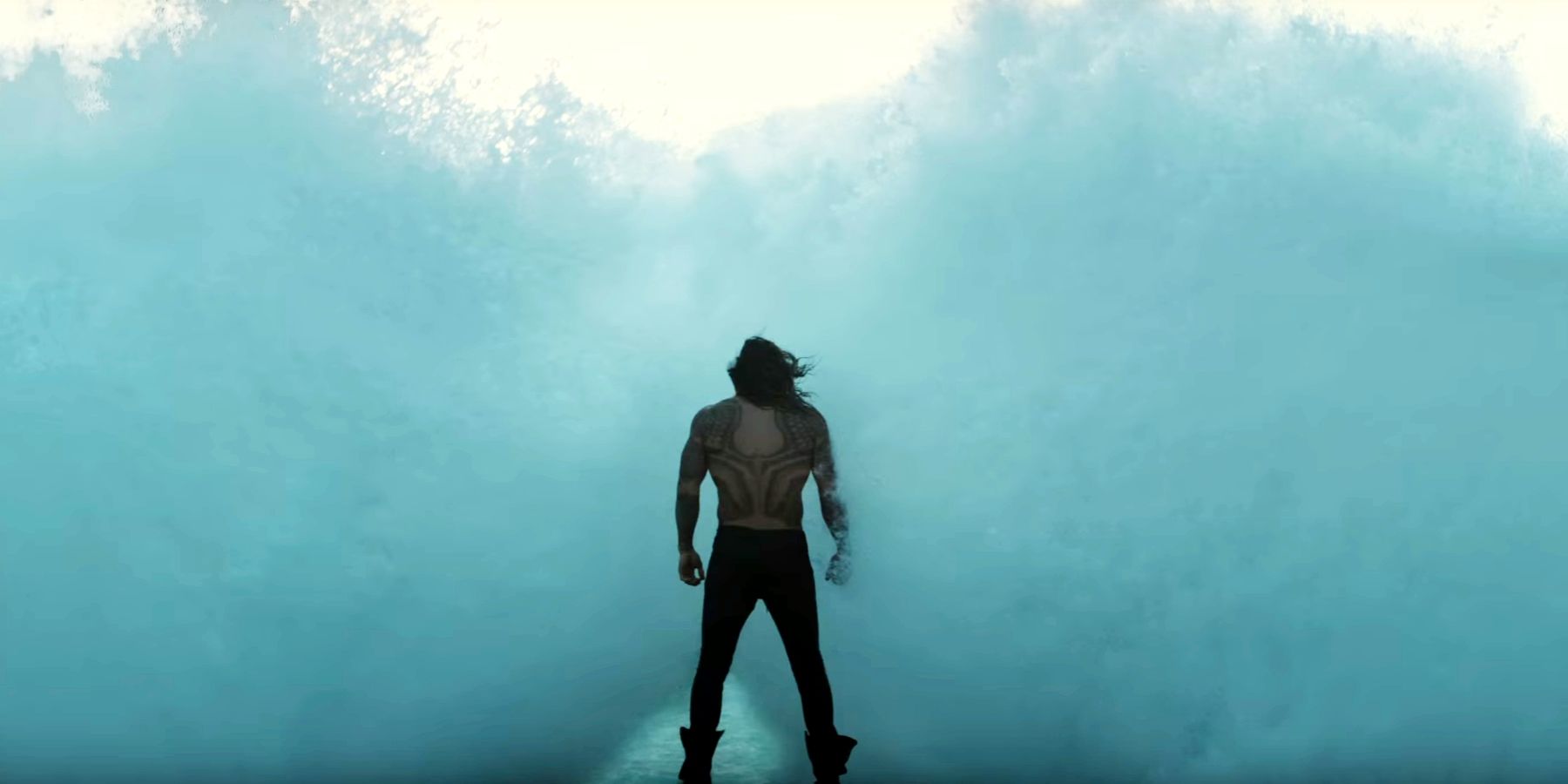The answer to the question in the headline is, of course, "No, not really." A cursory glance at your review aggregate of choice will make it plain enough that the majority of costumed-crimefighter epics of late received decent marks on average. The only times recently when the movie press has seemingly "ganged-up" on the genre have been instances like Batman V Superman or X-Men: Apocalypse, where an overall negative appraisal was very much in line with the broader cultural zeitgeist. In fact, in many cases the press is kinder to comic book movies than the "fans" they're often framed in opposition to; critics hailed Iron Man 3's sharp genre-subversion and clever script, while many devout Marvel fans marked it down for changing The Mandarin's origin and not having enough references to the other Avengers' movies.
So where does this image of the aloof, condescending film critic downtalking the world's current most popular blockbuster genre come from? Well, it's complicated.
For starters, the image of art and entertainment journalists as members of a societal elite is almost absurdly skewed. While it's true that once upon a time a writer of suitable stature working for an outlet of similar renown could earn a comfortable enough living under the right circumstances, and that a precious handful (think Pauline Kael, Roger Ebert, Gene Siskel) even became celebrities in their own right, those days have been over for a long time. But that's difficult to discern from a readership/audience level: "The Critic" (so goes the logic) works adjacent to a glamorous industry and has their opinion elevated as somehow definitive, so they must be part of society's mysterious upper-crust string-pullers - of course they look down on whatever the Common Folk are "into."
The truth of the matter is, most film (and television) critics aren't much different in outlook and demeanor than anyone else. They tend to see a lot more movies, and to often have a slightly broader and yet more jaded view of the medium; which tends to happen when you do for work something that everyone else does for fun. And while your average critic probably has a different set of favorites at the end of the year (likely including small features that weren't widely released or festival darlings that won't hit VOD until February), chances are decent their opinion on big recent films (superheroic or otherwise) will be either similar to the consensus or, if not, disagreement of a fairly reasonable fashion: The archetypal effete contrarian who insists the entire Best Picture category is inferior to a handful of French abstract anti-narrative meditations shown only in alternative art galleries just isn't someone you meet much anymore.
And yet the idea that the film press has it out for the genre persists, anyway. Why? Well, despite the fact that the actual reviews and individual opinions say otherwise, if one follows the movie critic discourse beyond those parameters it's hard to not come away with that very impression.
In social-media subcultures like so-called "Film Twitter," superhero movies are, in fact, one of the reliable go-to punchlines. Film journos trade quips about pre-earmarked important films being part of a "______ Cinematic Universe," and react with put-on horror when critically-beloved filmmakers or actors sign on to make a superhero movie. The superhero genre produces (at most) a handful of feature films a year, but to sit in conversation with the U.S. movie press the impression one gets is that The Avengers, X-Men and Justice League are crowding out the marquee every week - choking the life from everything else in the market.
And yet, it's not a matter of malcontents coming out of the woodwork between releases: The dismissive snark most typically emanates from the same corners that (as previously discussed) are otherwise friendly to the cape and cowl set. The same writer who announces Guardians of The Galaxy as a delightful surprise to their readership one week will be using the genre to complain about their own exposure the next ("No traffic for the Jean-Luc Goddard piece - if only I'd written a list of bad guys who might be in Aquaman instead!") Another who just got done enjoying the latest offering from Marvel themselves will heave an exaggerated sigh of resignation to their colleagues as they pass by the group of fans excitedly chattering over an easter-egg tie-in to the next Avengers installment.
The resentment is palpable, whether viewed from inside or outside the film press collective. But where does it come from, and why the seeming contradiction between superhero movie reviews (largely positive on average, particularly before the more divisive DC Extended Universe features started to release regularly) and the discussion of them the rest of the time? It could be all about the discourse.
What's most different about the superhero movie genre in the era of the "Cinematic Universe" isn't so much the frequency of films being made or even the overall tenor of reviews; it's the level of coverage. Broad-audience blockbusters have been a part of moviegoing life for as long as there have been movies, and the modern model thereof (action films largely aimed at teenagers and released mainly in summer) has existed since the one-two punch of Jaws and Star Wars at the tail end of the '70s. But save for the overall rare instances when such films became widespread cultural phenomenons (think Terminator, Jurassic Park, Star Wars again) they didn't dominate the discussion - so if they weren't your primary area of cinematic interest, you weren't required to devote your full focus to them.
But those days were over pretty much the moment Samuel L. Jackson appeared in Robert Downey Jr.'s living room to announce the birth of Marvel's grand continuity experiment. Of all the analysis that's been conducted on the phenomenon of the Marvel Cinematic Universe and its rivals/progeny at Fox and Warner Bros., one puzzle piece that's not as often discussed is how it created an entirely new paradigm for film journalism - one that's been a boon to an industry still struggling not only with the transition to the 24 hour/365 day news cycle, but also a drastic realignment for many of the people (critics and otherwise) who actually do the covering.
In previous eras, film coverage was a year-long spectrum demanding a wide breadth of knowledge and encouraging the cultivation of a cinematic vocabulary. Few people got into film journalism to get rich, but plenty got in for the opportunity to turn a passion into a career by using their mastery of said vocabulary to find and make news that fueled the discourse: Championing favorite films, shredding bad ones, turning audiences onto fresh discoveries or repertory classics. But today, critics who joined the game with a jones to cover the aforementioned spectrum (big movies in the summer, classy awards fodder in the Fall, mid-range features and indies in Winter and Spring, the unpredictable surprise foreign or experimental release scattered throughout) find themselves in a journalistic ecosystem where constant coverage demands constancy of content - and shared-universes full of superheroes turned out to be the perfect place to get it.
While there have always been individual films that can generate news and speculation pieces beyond the basics of casting, production, release, review and box-office take; the post-MCU superhero genre does so at a much higher rate and with much greater reliability. The mere announcement of each new Marvel or DC feature demands speculation that feels concrete even when it's entirely ephemeral: Newbie-explanations of comic book lore (that may or may not be in the film itself), lists of potential sidekicks and nemeses (ditto), questions about costuming, fancasting, etc - and not only does such content draw long-term, it can be further refined as each new piece of confirmed data comes out. We've yet to see the number of superhero movies released in a year exceed ten (as is occasionally the case for horror movies or romantic comedies), but judging by the coverage you'd think Comic-Con was raging year-round.
The result: More news was likely created (and demanded) from Doctor Strange - a character almost nobody outside of the Marvel Comics faithful knew existed a year ago - before Benedict Cumberbatch was even cast than will probably ever be generated for the bulk of this year's eventual Oscar nominees; and for a professional film journo who likely didn't choose the vocation to spend most of their year covering superheroes (regardless of how they feel about them otherwise), that can all be more than a little dispiriting.
There's also the even more uncomfortable (and no less avoidable) element of generational resentment baked into the situation. One reason that the "Superheroes & Everything Else" movie-reporting paradigm was able to take hold so quickly is that it accompanied a sea-change in the age and background makeup of the film press itself. The breakdown of the wall separating print and digital journalism in the entertainment world was much swifter than in other areas, and it seemed like overnight that older pros employed at venerated standbys like Variety or the L.A. Times found themselves "colleagues" with ambitious Gen-Xers hailing from "geek-culture" internet outlets like Ain't-It-Cool, Corona and CHUD - meaning that many were already better equipped to navigate this new normal.
One doesn't need to have ever set foot in a newsroom to see the immediate cultural effect of that. It's one thing to be competing for employment and attention with a younger generation sweeping in from a new venue, but to have it happen in tandem with the market shifting focus to a wave of material you've barely even heard of, but they can rattle off verbatim without even a cursory glance at Wikipedia? That's a perfect recipe for a bitterness that seems to have found a target in the (perceived) omnipresence of the genre itself.
So, no: Most critics do not "hate" superhero movies. But many are demonstrably weary of working in a press where this one genre seems to be taking up all the oxygen - and that number seems to growing in the form of "converts" who started out enjoying the wave themselves, but now feel like taking a break from the surf. What's to be done about it? That's harder to say.
Marvel's formula has yet to yield a single box-office disappointment or even outright critical dud, Sony's beleaguered Spider-Man franchise appears en-route to being rescued by a partnership with the same, Fox has a newly-minted license to print money in Deadpool even as the wheels seem to be coming off the rest of the X-Men property (Hugh Jackman retiring from Wolverine, Gambit in turmoil, Apocalypse widely seen as a misfire), and the DC Extended Universe is en route to challenge Transformers for the biggest consistent discrepancy between box office earnings and critical response. Bottom line: Superhero movies don't seem to be abandoning the top bunk any time soon, so like it or not comic-book omnipresence and more serious critical discourse may need to find a way to coexist.
Maybe that's already happening: The most talked-about piece of film analysis to hit in recent months was an in-depth analysis of the less-than-memorable musical scores for films in the Marvel Cinematic Universe from cinephile-catnip series Every Frame a Painting, and along with being a rare example of essay-style film coverage going mainstream it represents an even rarer instance of such a piece making an equal appeal to the superhero news cycle and the broader cinematic discussion at the same time. It suggests at least one way for the content-ecosystem to serve both masters; namely using the most reliable coverage-draw outside of actual production announcements ("Something about the widely-beloved Marvel movies isn't perfect!") as a jumping-off point for a bigger discussion (i.e. a change in the U.S. movie industry's approach to it's use of musical scores.)
That, at least, is one vision of a way forward (so is the way many TV critics have focused on the political and social-justice themes of the Marvel machine's button-pushing Netflix output) but it isn't going to be a salve for everything. And it's highly unlikely that the uneasy relationship between the traditional film press and the genre that now looms all-powerful over it will be stabilizing any time soon.

